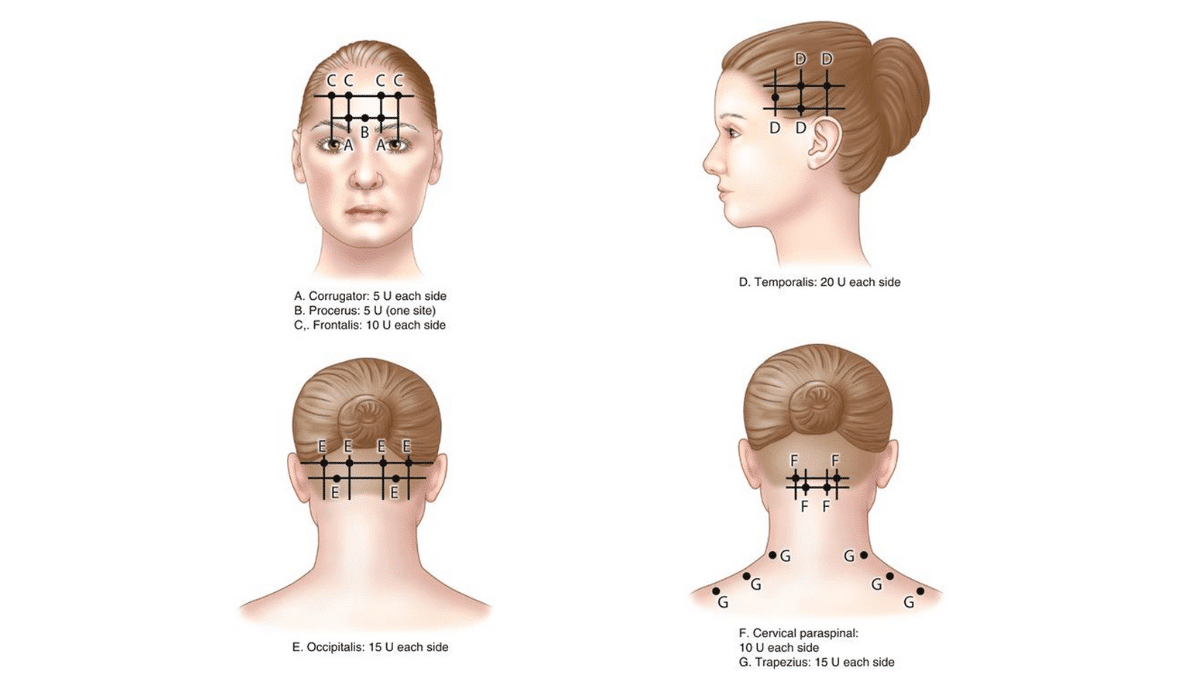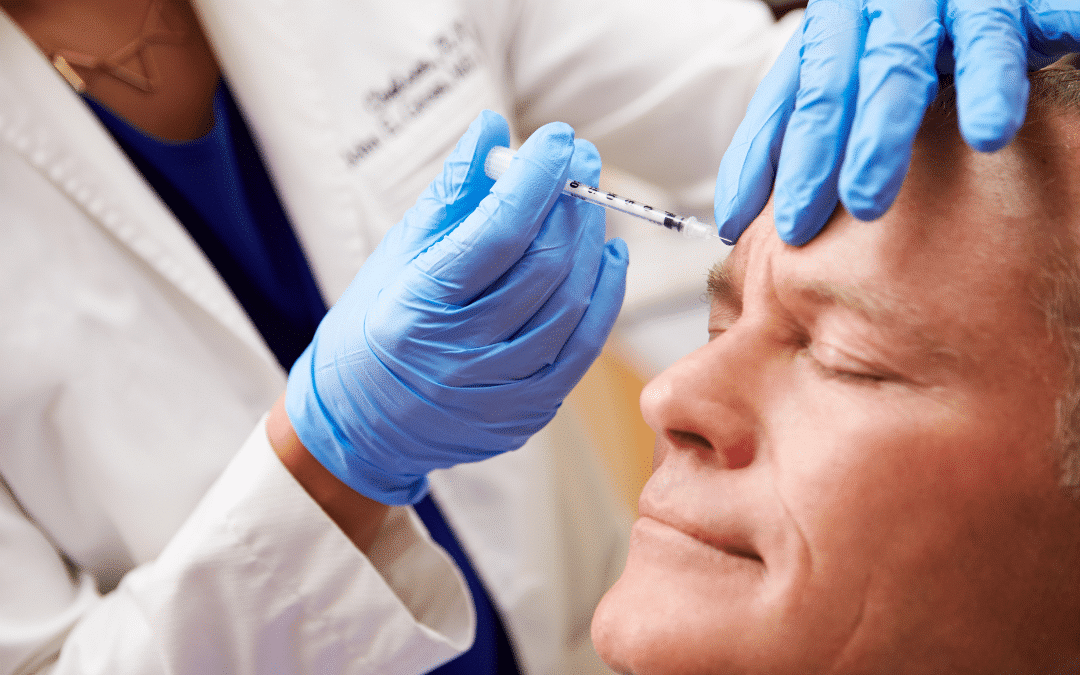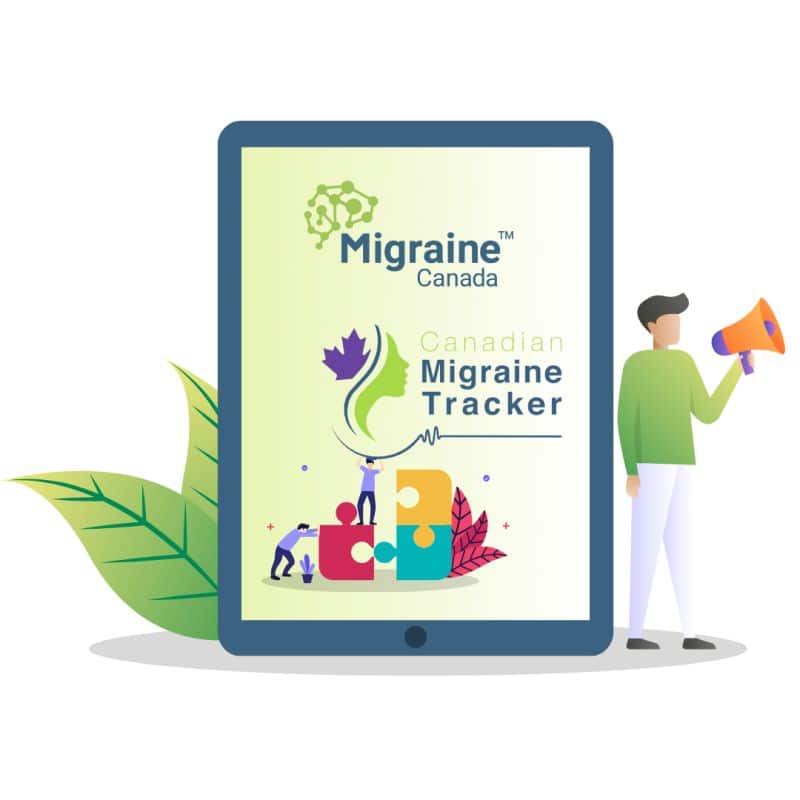Preparing for your first Botox injections to manage chronic migraine? Knowing what to expect can ease any anxiety. This article outlines the process, from how Botox injections work to managing potential discomfort. Discover key details about the procedure, what activities to avoid post-injection, and when you might start feeling the benefits. Whether you’re curious about the injection process or the expected outcomes, this guide aims to provide clarity for those considering Botox as a migraine treatment.
Can any physician inject Botox for migraine?
Injecting Botox for migraine is not a difficult procedure, but it has to be done by a health care provider with proper training and experience, following a specific protocol called PREEMPT. When choosing an injector, ensure that the proper protocol is followed and adapted to your needs. Visit mychronicmigraine.ca to find a list of trained injectors searchable by city or postal code.
How are the injections given?
- The procedure typically takes 10 to 15 minutes.
- Patients may be positioned lying down or sitting.
- There is a precise protocol that the doctor will follow, in which 31-39 small volume injections will be given above the eyes, on the forehead, temples, back of the head, top of the neck, and the top of the trapezius (see the image below).
- Additional injections can be given to target the most painful zones.

To learn more about the injection process, please watch this video with Dr Blumenfeld, a leading expert in Botox injections. As this is an instructional video, a lot of details are shared on the injection process. In real life, the injection process is much faster.
Are the injections painful?
The needles used for Botox injections are very small, and a skilled injector will administer them quickly, but needling is never pleasant.
If you experience allodynia related to your chronic migraine or are in the midst of an attack, injections may be more painful. Controlling your breathing is a good way to manage the pain, especially if you are very nervous. If Botox is effective for you, it’s likely that the injections will be easier to tolerate over time.
Are there things I cannot do on the day of the injections?
Always discuss this with your provider, as opinions and recommendations may vary slightly. Many patients resume their normal activities following the appointment.
However, the following recommendations are often seen in the clinic:
- Do not wear a tight helmet or cask after the injections, it may push the Botox down your forehead and lead to cosmetic side effects.
- Do not dye your hair for 48 hours after the injections, as multiple injections have been administered, and applying an irritant chemical is not recommended.
- For some patients, Botox injections can lead to soreness due to the needling process. It might be advisable to avoid exercise and plan for rest on the day of the injections.
Can I treat my migraine attack on the day of the injection?
Yes, you can use your acute medications as usual. As Botox is injected locally, it does not interact with medications.
When should I feel the results?
The effects of Botox are typically not felt immediately after the injections. On average, it takes 7 to 10 days for the effects to become apparent. The protein takes time to be transported to the zone where it becomes active. An increase in headaches and neck pain is sometimes seen during the first week following the injections. This could be due to the effects of the previous treatment wearing off while and the new treatment has not yet taken effect. Discuss this with your physician to explore potential solutions.
What improvements can I expect?
The goal of Botox treatment is to decrease your migraine frequency, though responses vary from one person to the next. Overall, 50% of people who try Botox report a positive response.
Other signs of response may include:
- Decrease in migraine intensity
- Improved response to acute medications
- Improved tolerance to triggers
- Reduction in neck pain
- Decrease in associated symptoms (e.g., nausea)
What is the wearing-off phenomenon?
The duration of the Botox effect is typically 10-12 weeks. Some patients experience an increase in their migraine symptoms prior to their next injections, known as the wearing-off phenomenon. If this is an issue, it’s recommended to discuss it with your injector. Conversely, patients who respond very well to Botox may space out their treatments to every four months without experiencing a recurrence of symptoms.
Will I need Botox all my life? Is it safe?
Migraine is a chronic disease that may persist throughout your lifetime, like diabetes, hypertension, and epilepsy. If Botox (or any preventive) is improving your quality of life, you may choose to continue using it. Thus far, long-term use of Botox has not been associated with health risks, though minor changes in the bulk of the injected muscles, such as the temples, can be seen.
For more information on Botox for migraine:
References
- Frampton JE, Silberstein S. OnabotulinumtoxinA: A Review in the Prevention of Chronic Migraine. Drugs. 2018;78(5):589-600.
- Ashkenazi A, Blumenfeld A. OnabotulinumtoxinA for the treatment of headache. Headache. 2013;53 Suppl 2:54-61.
- Dodick DW et al. OnabotulinumtoxinA for treatment of chronic migraine: Pooled results from the double-blind, randomized, placebo-controlled phases of the PREEMPT clinical program. Headache. 2010;50(6):921-36.
Post #1203



